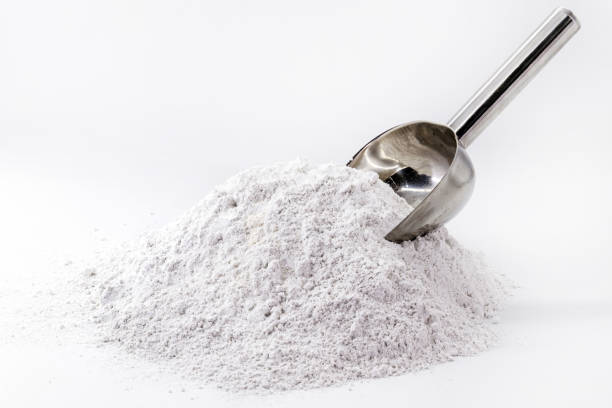BLOG NUMBER 19.83
Calcium chloride is a compound made from calcium and chlorine. It is highly soluble in water, just like salt and sugar, colorless and crystalline in nature. Its uses are many, and being hygroscopic, it can readily extract moisture from the air. The nature, composition, and properties of this ionic halide make it suitable for multiple applications, including preservation of food, road safety measures, and cleanliness of the water in pools and ponds.

With that being said, the list below explains the many uses of calcium chloride in detail along with practical instances and examples.
Various Uses of Calcium Chloride
Clinics, Hospitals, and Healthcare Centers
Calcium chloride is used extensively in hospitals and healthcare clinics to treat certain health issues, such as magnesium sulfate overdose and high blood pressure during the blood transfusion process. It is also useful in reducing internal acid burns as well as the harmful side effects of certain medications.
Natural and Processed Food
Calcium chloride gives food a salty taste and helps preserve it for long-term use. Where foods are processed and stored in cans and containers, a pinch of calcium chloride retains the shape, taste, and texture of the contents. For example, the perfect shape of the tofu inside its holder is due to adding calcium chloride to the rest of the ingredients. Calcium chloride has also found its use in pickles, snack bars, sports drinks, and other food products. Approved by WHO, these foods are considered to be safe for consumption.
Pools and Ponds
Calcium chloride is a highly soluble compound and hence easy to treat swimming pools and ponds and maintain optimal water hardness level. A prescribed amount of calcium chloride added to the pools helps reduce erosion of the concrete and safeguard the pool’s foundation. The proper balance of calcium hardness, acidity, and alkalinity is essential in pools and swimming ponds, and calcium chloride helps achieve this with ease.
Laboratory Materials
It is considered to be safe to use in laboratories as a drying agent. A product combined with this compound keeps it dry and makes it suitable to be packed and shipped. Other uses of it in laboratories include, but not limited to, drying seaweed and kelp to transform them into sodium carbonate, brining of refrigeration plants, and so on.
Personal and Commercial Aquariums
Marine creatures that have hard shells, such as tortoises and urchins, get the required calcium from the added calcium chloride in order to stay healthy. It helps keep the water in the tanks and aquariums at an optimal condition with respect to cleanliness. The level of calcium is easy to maintain in smaller aquarium systems. Large tanks and reef aquariums require special devices for controlling this level.
Construction Industry
Calcium chloride comes in handy in many ways in the oil, gas, and construction industry. It has unique properties that are suitable for the maintenance of unpaved roads and fortification of road bases. It is added to concrete for accelerating the setting of the concrete as well as measuring the moisture content in it. The compound helps increase the density of shales and regulates the water content in clay. It also helps prevent the swelling of clay.
Road Safety
It is used heavily in clearing roads from ice and making them safe to drive. In many cities and towns in the northeast, roads and sidewalks covered with ice are de-iced with this compound on a daily basis. Calcium chloride is added to plastic materials and fire extinguishers. It can control scaffolding in furnaces and thin fabric softeners as well.
There are many other uses of calcium chloride that are beyond the scope of this information. From the food industry to clinics and laboratories, it is one essential material that is reliable and versatile. Used on a regular basis by individuals and businesses, it can ensure the safety, health, and security of employees and customers.
DISCLAIMER: Information contained in this Website and blog is intended for informational purposes only and do not necessarily reflect the direct opinions, views or practices of Swenson Consulting or its consultants. The individuals who maintain this blog work for Swenson Consulting. The information, comments and links posted on this blog do not constitute legal advice. No attorney-client relationship has been or will be formed by any communication(s) to, from or with the blog and/or the blogger. All decisions relating to the content of the website blog belong to the blogger and management company responsible for the blog for the purpose of aggregating relative industry specific information related to snow removal.
